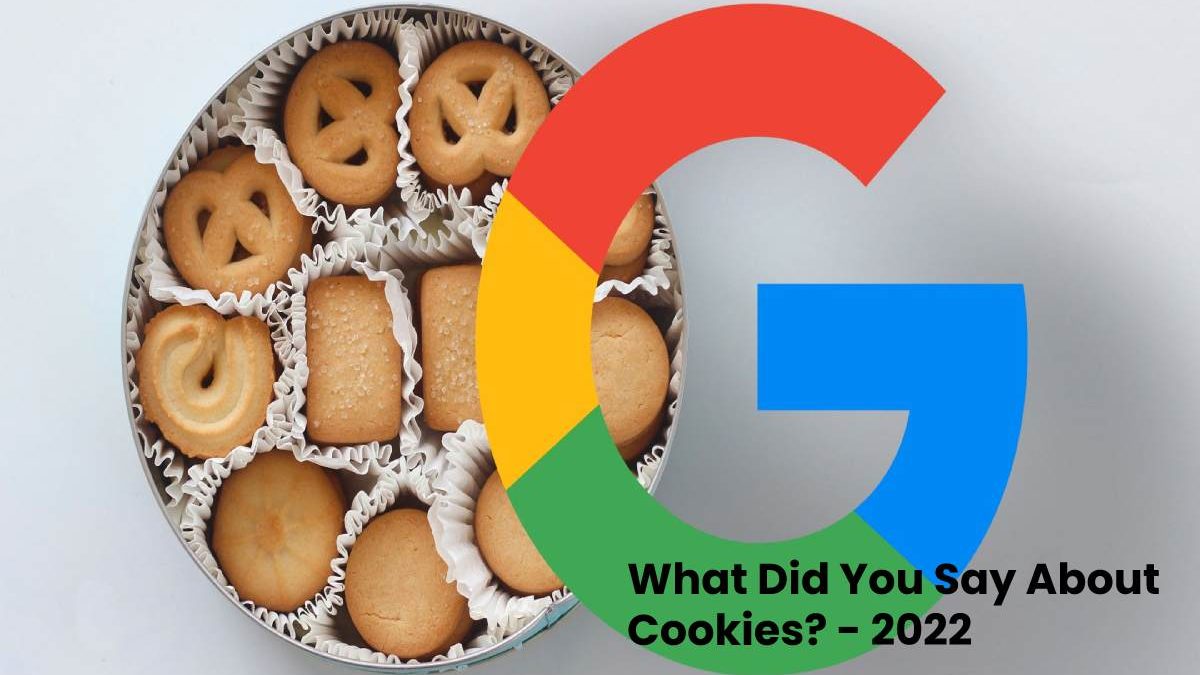About Cookies, The end of third-party cookies, announced by Google for 2023, may mark a before and after in the different forms of online advertising.
Table of Contents
What Do Cookies Do On A Website?
Cookies are a central part of any website knowledge, serving a variety of functions. On the one hand, they allow a personalized experience for the user. Thanks to cookies, the website detects if it is the first time the user visits it or if he previously knows it. It is possible to offer options adjusted to the type of experience and the user’s preferences.
For example, this includes the possibility of displaying the website in a specific language, presenting an e-commerce site with the type of currency that the user uses, maintaining the user’s access, or remembering the products that they have put in the cart.
In turn, cookies are crucial for businesses that carry out online advertising. Is where third-party cookies come into play, which is affected by the so-called “end of cookies.”
How The End Of Third-Party Cookies Affects Your Website
Third-party cookies target ads to relevant audiences by providing more information about their preferences. This type of cookie also allows the advertised companies to know a user’s behavior beyond a specific website since they track them through an entire browser (for example, Google Chrome.
In this way, The focus has on third-party cookies for being excessively permissive with the information companies receive about user behavior.
Internet users are increasingly worried about their privacy, and government authorities have been in charge of supporting them with national and international legislation (such as the General Data Protection Regulation or RGPD)
Private Initiative Is Being Compulsory To Follow The Same Path.
In an announcement publish in March 2021. Google recognized the growing importance of data privacy transparency and made it known that third-party cookies will be subject to restrictions by Google.
It is especially relevant because 70% of Internet users cast off your Google Chrome browser. Still, other browsers such as Safari and Firefox have been working on blocking these cookies for years.
Instead, Google proposes an alternative called Floc. Which stands for ‘Federate Learning of Cohorts’ and is a token-base system for identifying users and grouping them into different interests. Thus, the advertising would aim at large groups of people with similar interests, not unique users.
For now, the end of third-party it. Initially scheduled for 2022, has been postpone until 2023, giving more space to create dialogues between governments, advertisers, and users.
The End Of Third-Party Cookies Would Have Several Consequences For Online Advertising
- Cross-site ads (which cover many websites in the same strategy). Such as retargeting, will no longer be possible.
- Online advertising could be less effective if companies don’t achieve the same level of content personalization.
Digital advertising is, therefore, at a time of profound transformations. In which creativity and the generation of value for users must be establish as priorities.
Steps To Check The Correct Use Of Cookies
The end of cookies is also a challenge for developing a professional website. In this way, the UX / UI design of an appropriate website also implies the ability to show users transparency regarding the type of cookies that are applied and the possibility of blocking third-party cookies to comply with current legislation.
Cookies will work if they are only loaded once the user has consent through a cookie banner or notice. It is possible to follow the following steps to carry out a small test in Google Chrome.
- First of all, you must check which it a website loads.
To do this, use the browser in “private” mode and, by clicking on F12 (or right-clicking on the bottom of the screen and then clicking “Inspect”). Click “Application” and then “Cookies.” Only those that the user has consented to should appear in this window.
- Having this window open, you access the website you want to check.
The cookie window is observe : if non-essential it appear before accepting them, the website is not using them correctly. It would also be wrong if the it appear after the user rejects them.
In either of these two cases. It would be necessary to review the operation of it to ensure that the website complies with the regulations.
Finally, remember that every website must have a visible it policy that clearly explains the types of cookies use. Their purpose, and how they can be accept or revoke.
Also Read :International Trade – How It Works, Advantages And Disadvantages.


